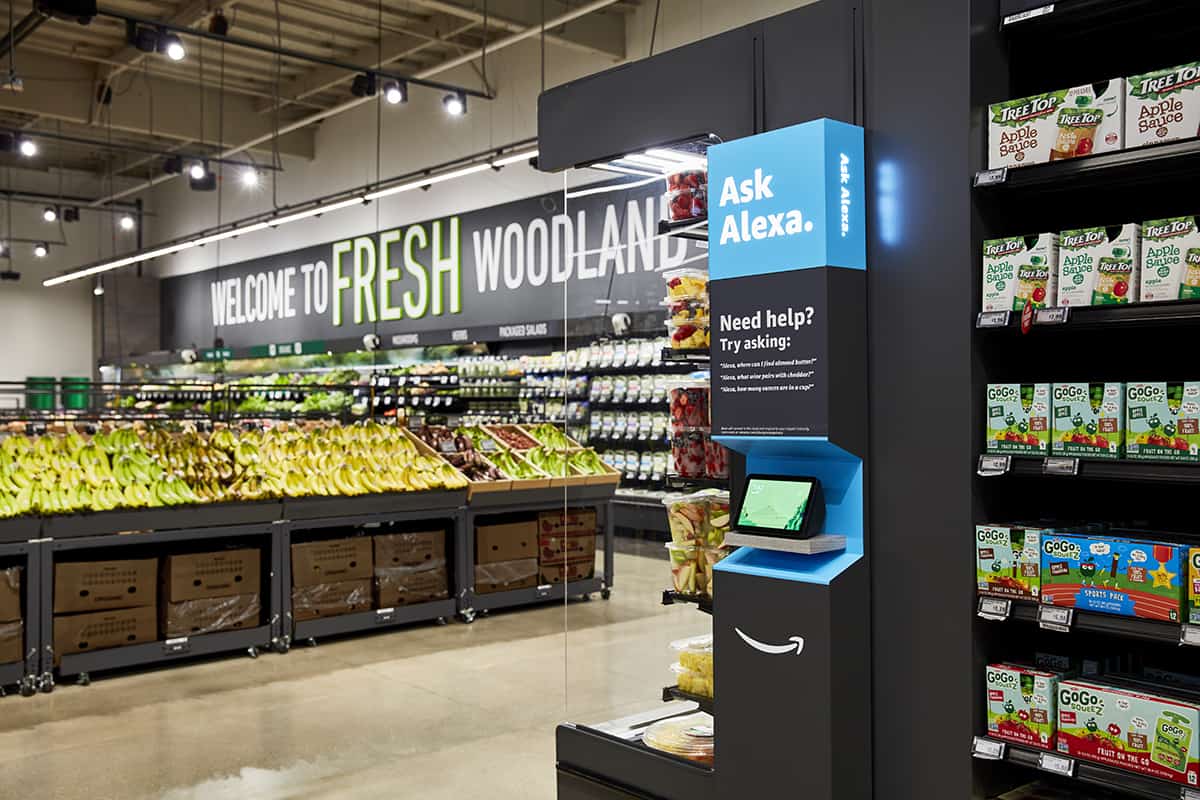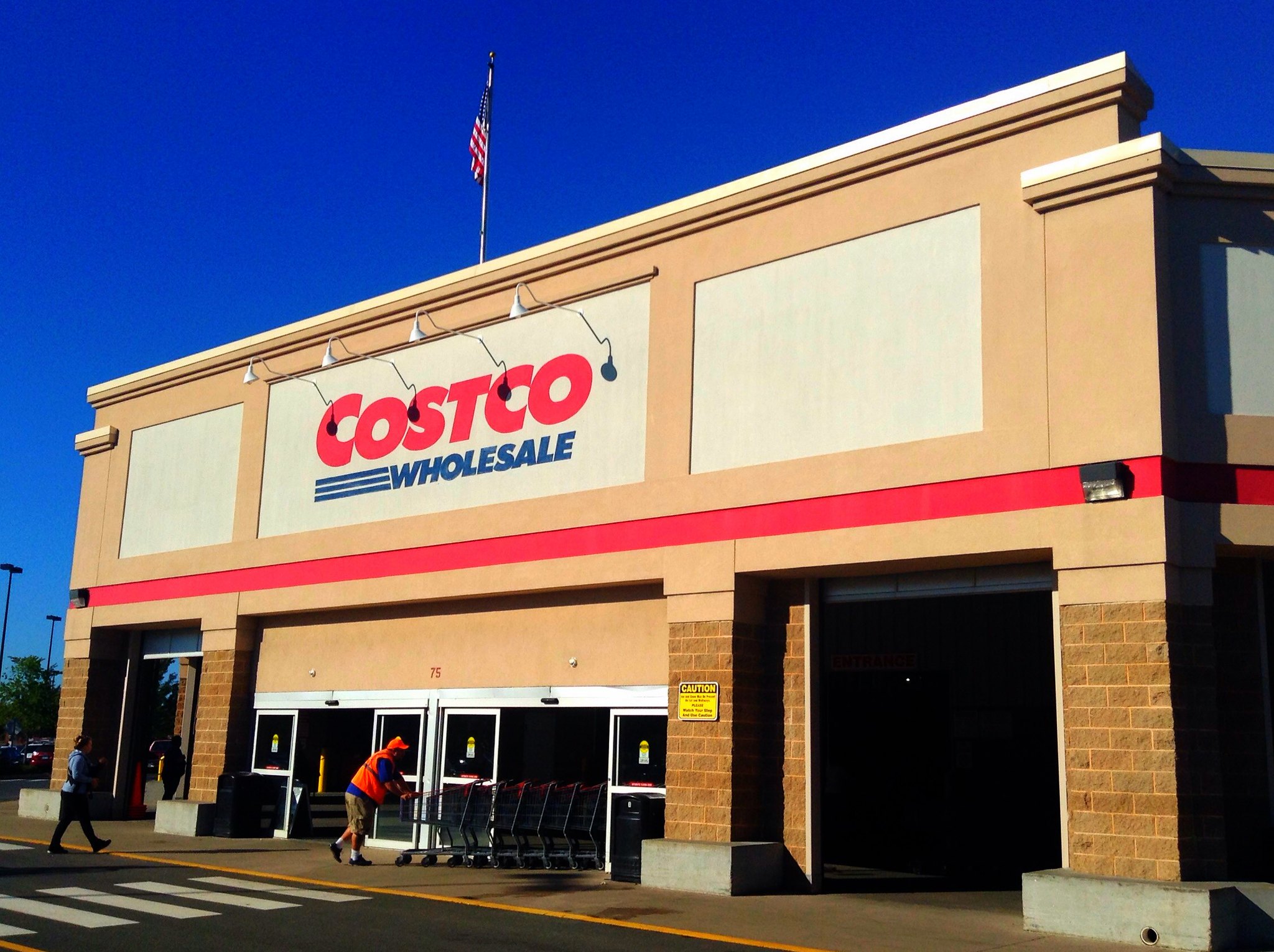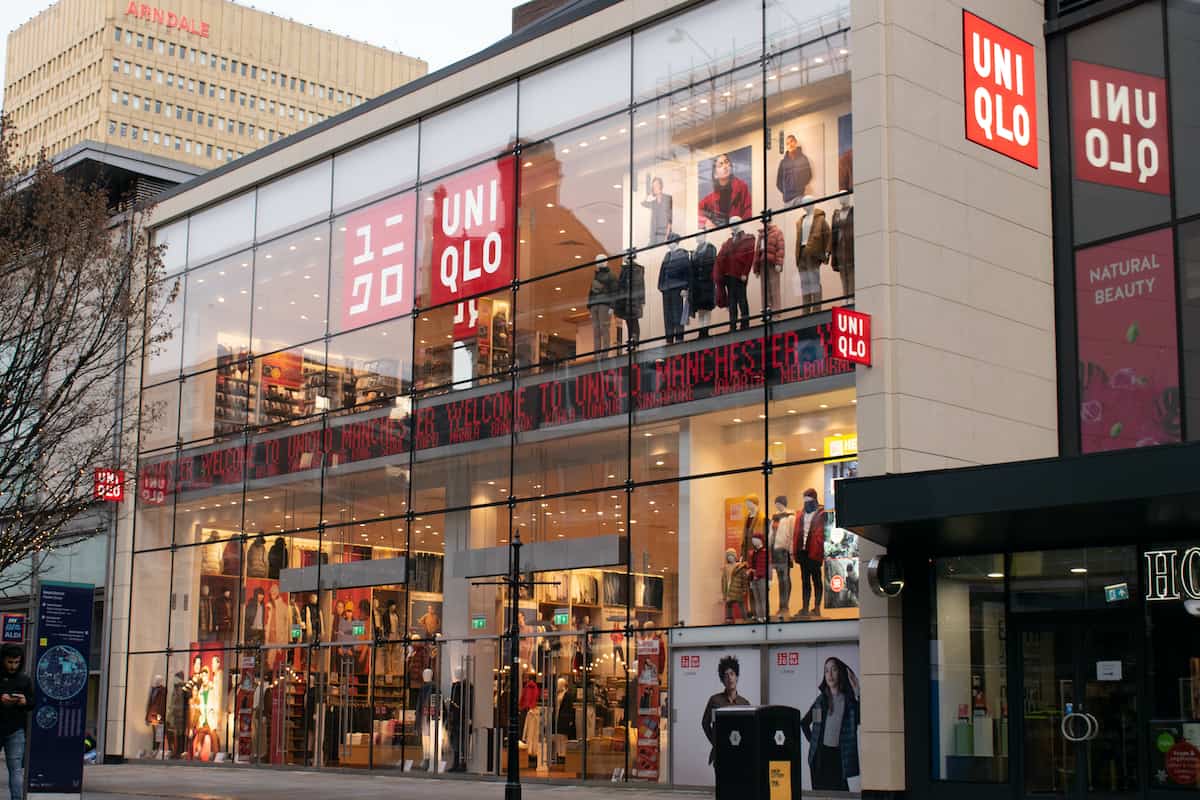Amazon today reported a 49% fall in third-quarter profits – and warned that its costs will continue to rise in the run up to Christmas as a result of continuing supply chain problems and labour shortages.
Amazon says it has prioritised customer needs over short-term profits in a third quarter where its net income fell as costs mounted while net sales grew by 15%. And in the final, Christmas, quarter of its financial year it expects to spend billions on extra costs tackling challenges from labour shortages to higher freight and shipping costs as well as other supply chain issues.
Overnight, Amazon reported net sales of $110.8bn (£80.3bn) in the third quarter of its financial year, the three months to the end of September. That’s 15% up on the $96.1bn (£69.7bn) it reported a year ago. Net income fell by 49% to $3.2bn (£2.3bn), from £6.3bn (£4.6bn) a year earlier.
Andy Jassy, who has taken over from Jeff Bezos as Amazon chief executive, says “We’ve always said that when confronted with the choice between optimising for short-term profits versus what’s best for customers over the long term, we will choose the latter—and you can see that during every phase of this pandemic. In the first several months of Covid-19, Amazonians played an essential role to help people secure the requisite PPE, food, and other in-demand items needed, and we worked closely with businesses and governments to leverage AWS to maintain business continuity as they responded to the pandemic.
“Customers have appreciated this commitment, which is part of what’s driving this past quarter’s AWS growth acceleration to 39% year over year; but, it’s also driven extraordinary investments across our businesses to satisfy customer needs—just one example is that we’ve nearly doubled the size of our fulfillment network since the pandemic began. In the fourth quarter, we expect to incur several billion dollars of additional costs in our consumer business as we manage through labor supply shortages, increased wage costs, global supply chain issues, and increased freight and shipping costs—all while doing whatever it takes to minimise the impact on customers and selling partners this holiday season. It’ll be expensive for us in the short term, but it’s the right prioritisation for our customers and partners.”
Amazon, ranked Elite in RXUK Top500 research, has been offering Black Friday type deals in order to persuade shoppers to buy early for Christmas since October 4, in order to beat supply chain issues.
It has also focused on making shopping ever easier, introducing its Just Walk Out technology to its own Whole Food Market shops in the US for the first time. Innovations in the US already include a personal shopper service that enables shoppers to try clothing before they buy, while its Amazon One payment system now supports palm payments in more than 70 Amazon shops and Whole Food Market stores, as well as third-party locations including digital ticketing at contactless ticketing sites at a Denver venue. The retailer is also expanding its same-day delivery service across the US, and in the UK, Prime shoppers now qualify for a year’s free food delivery, on orders over £25, via Deliveroo, in which Amazon is an investor.
Steve Ricketts, UK head of ecommerce at MediaCom, says: “As the pandemic ecommerce boom begins to slow, the challenge Amazon now faces is ensuring that customers are shopping more frequently and spending more across categories, from groceries to media and everything in between. Amazon has already increased investment into customer engagement opportunities, and in the UK we expect to see it increase both branded content and opportunities for brands to establish stores on its platform to continue to foster long-term, loyal connections with their Amazon customer base.”









